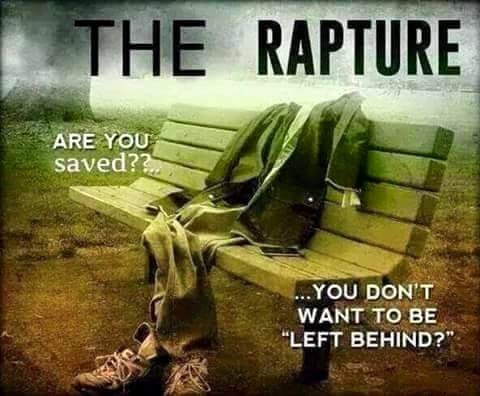Chuck Swindoll was a pastors pastor and a wonderful influential preacher in my life. I loved hearing him preach on his radio program, "insights for living." I have been going deeper into my studies of scriptures and reading some of the best translators of the Scriptures, I am seeing the need to address this important issue of Bible translations.
I am not concerned with the KJV only debate or are modern translations undermining somehow biblical authority? Actually, God can speak through any of these translations since they are all imperfect representations of God's perfect Son Jesus who tells us that all scripture read correctly is about him (Lk.24:7: Jn.5:39). Biblicists get so hung up on the Bible being perfect when the truth is, if that really were the case, we still would not get it right because we are imperfect interpreters of God's Word! The foundational problem with Biblicism is it confuses biblical authority with biblical interpretations and judges all truth by sola scriptura or prima scriptura when it should be, prima Yeshua!
One of the problems Christians have had with the Watchtower Society is they came up with their own translation of the Bible putting in their own extra biblical words to make the New World Translation conform to their theology. The sad reality is that many of our Bibles, ancient and new have done the same thing but we have not been aware of it. To make the Bible read more smoothly or to make more sense of it, we have added to God's Word which does not need man's help and therefore many translations have fallen into the same trap or problems we accuse the JW's of doing.
For example, there has been an age old debate between JW's between the meaning of the Gospel of John's prologue. Is Christ the divine Logos or a divine logos? Is Christ the Creator or a creature? Certainly the JW's have inserted certain words into their translations to make Jesus a part of creation rather than identifying him as one with the Creator. But the prologue of John's gospel actually is very ambiguous at best when it comes to determining how to translate son which is without the article (a son or the son?).
Actually, this is characteristic of John all the way to where you get to the risen Christ and Thomas explicitly says, 'O Theos.' A fully divine designation after the resurrection! What is fascinating in all this is how John holds back the full title of Jesus as God until his disciples experience and see the resurrected Lord Jesus. There is a beauty, mystery and power in all this that John wants you to see how the story of Jesus develops and unfolds until you have your own "aha" resurrection moment! Maybe a better approach to the Bible is to read the Bible with expectancy and surprise and not like one who has read the ending of the story first and then reads that ending into every verse of the Scriptures as if Scripture intends to be read this way. May God give us all fresh eyes to read the Bible as if for the first time.
One of the problems Christians have had with the Watchtower Society is they came up with their own translation of the Bible putting in their own extra biblical words to make the New World Translation conform to their theology. The sad reality is that many of our Bibles, ancient and new have done the same thing but we have not been aware of it. To make the Bible read more smoothly or to make more sense of it, we have added to God's Word which does not need man's help and therefore many translations have fallen into the same trap or problems we accuse the JW's of doing.
For example, there has been an age old debate between JW's between the meaning of the Gospel of John's prologue. Is Christ the divine Logos or a divine logos? Is Christ the Creator or a creature? Certainly the JW's have inserted certain words into their translations to make Jesus a part of creation rather than identifying him as one with the Creator. But the prologue of John's gospel actually is very ambiguous at best when it comes to determining how to translate son which is without the article (a son or the son?).
Actually, this is characteristic of John all the way to where you get to the risen Christ and Thomas explicitly says, 'O Theos.' A fully divine designation after the resurrection! What is fascinating in all this is how John holds back the full title of Jesus as God until his disciples experience and see the resurrected Lord Jesus. There is a beauty, mystery and power in all this that John wants you to see how the story of Jesus develops and unfolds until you have your own "aha" resurrection moment! Maybe a better approach to the Bible is to read the Bible with expectancy and surprise and not like one who has read the ending of the story first and then reads that ending into every verse of the Scriptures as if Scripture intends to be read this way. May God give us all fresh eyes to read the Bible as if for the first time.
(This first insight on John's prologue comes from David Bentley Hart, The New Testament: A Translation)





